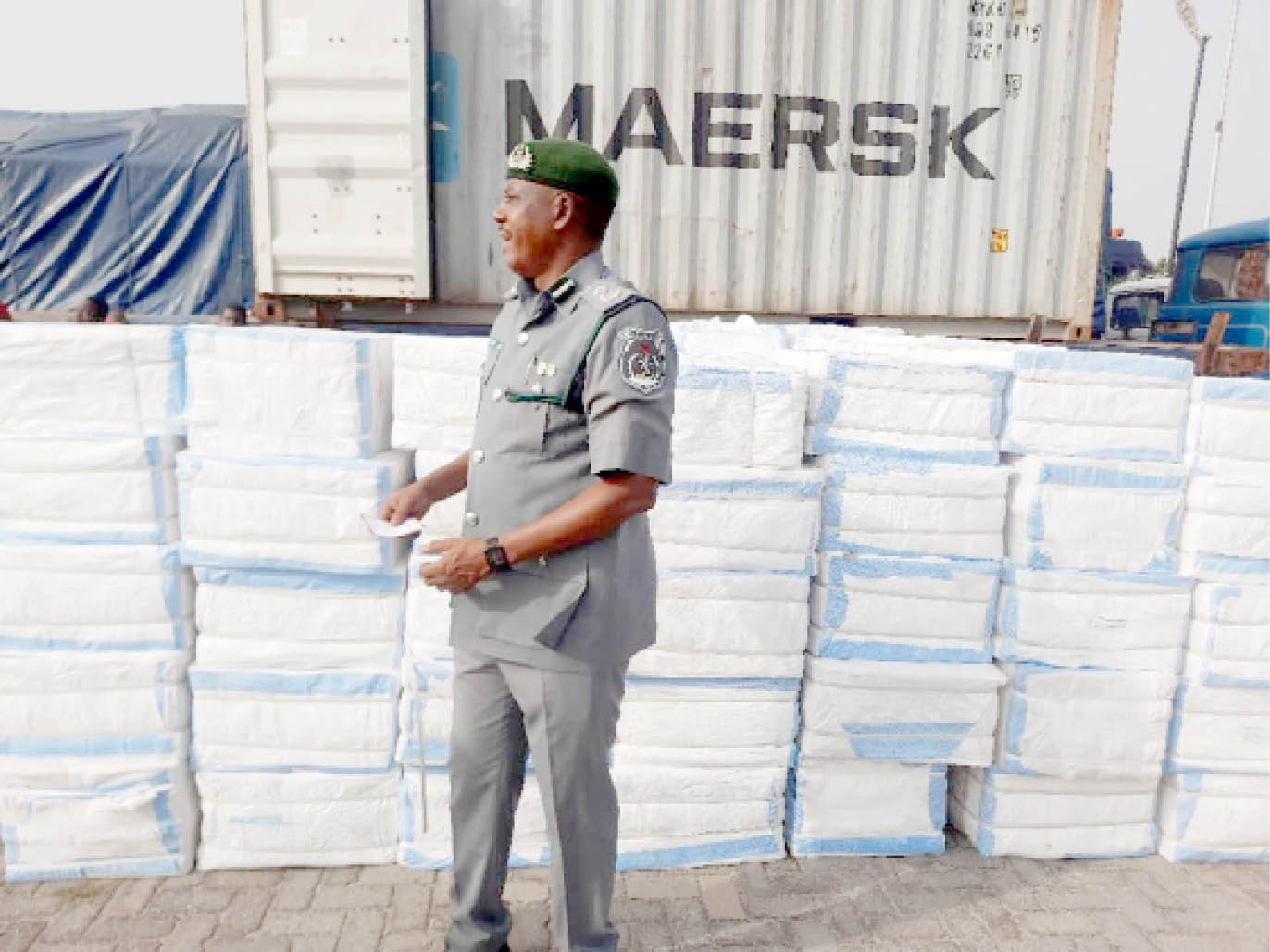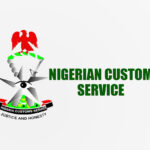The last may not have been heard of the $3.2 billion E-Modernisation project of the Nigeria Customs Service as stakeholders are currently demanding for a review of the project in the interest of the economy.
The project which had since inception received nothing but knocks from stakeholders in the nation’s maritime sector has also occupied the front burner among experts.
The Nigeria Customs Service and a consortium, Trade Modernisation Project Limited, had in May, 2022, signed a concession agreement worth $3.2 billion to digitise the operations of the border security and revenue collection outfit with an expected $17.6 billion in revenue.
Immediate past Controller General of Customs, Col Hameed Ali (Rtd), had in June, 2023, said that upon approval by the federal government, the promoters of the project had committed $3 million, about N139 billion, since the commencement of the project.
Hakeem Odumosu says appointment as EFCC Chairman is fake news
NewsDirect Publisher, Ibiyemi, is dead
Dr Eugene Nweke, Head of Research, Sea Empowerment and Research Centre RGT, in an exclusive telephone chat with our correspondent, said in 2015 Col Ali inherited a most vibrant Nigeria Customs Service with its technological modernisation progression which was globally recognized and endorsed and sold it to other customs administration of the world through the World Customs Organisation (WCO).
Though he acknowledged the fact that the previous administration undertook a giant stride at retrieving its essential and core functions and information technology development from the Scanner Service Provider ( SSPs), which he said, was a migration from the pre-shipment inspection agents on one hand and the Webfotane on the second hand, that hijacked the core functions of customs imports and exports inspection, classification and valuation and information technological advancement for several years, but that the E-Modernisation project recently introduced made nonsense of any meaningful achievement recorded so far.
He further said the major initiatives and milestones recorded during late Comptroller Dikko’s administration included but were not limited to introduction of Robust Revenue Intervention Mechanism, fast tracking of compliant traders based on WCO SAFE-framework of safe standards (Autorised Economic Operators Concept and timely issuance of PAAR.
Others are consistent internal and external capacity building initiatives, building a dynamic risk management engine and entrenching the culture of professionalism and quality control.
He further said, “Unfortunately, instead of reassembling the trained officers in a manner that suggests a self-defeat, the former comptroller general opted for e-custom modernization concession project.
“Total revenue collection career customs administrator from 2010 to 2015 = N4,972,000,000,000:00 (N4.9 trilion) at forex rate of $1/N126 to N197.
“Total revenue collection non career customs administrator from 2015 to 2021 = N8, 282,000,000,000:00 (N8.2 trillion) at forex rate of $1/N232 to N430.
“Difference in collection + N3,309 250,000,000:00 (N3.3 trillion).
“Logically given same scenario of 2015 to 2021, if you juxtapose by multiplying the differences in higher forex regime in the excess of N233 to the total collection generated in 2010 to 2015 N4,972,750,000,000:00= N1,158,650,750,000,000:00.
“In a nutshell, from item four of above, the total yearly revenue generation performance is not the only determinant factor for effective yearly Customs administration performance rating.
“It, therefore, suffices to state that if the Customs Carrier Administration were to bask on the euphoria of higher forex regime of $1to N430, it will have generated in approximation as much as N10 Trillion.”
Also speaking, former member of the Presidential Committee on Destination Inspection and Ministerial Committee on Fiscal Policy and Import Clearance Procedure, Lucky Amiwero, called for a review of the e-customs project, insisting that handing over customs duty to a foreign firm was counter-productive
He advised the service to review the project, insisting that the service had well-trained Information Technology (IT) officers
But the National Public Relations Officer of the Nigeria Customs Service, Abdulahi Maiwada, told our correspondent on phone that the service only implemented federal government policies.
According to him, the E-Modernization project was approved by the Federal Executive Council (FEC) and that until there was a counter directive, the project remained.
He dismissed the claims that the project amounted to ceding customs duty to an outsider, saying that those to man the equipment were customs officers.
He further said, “The project was approved by FEC. Custom implements government policies. This one is one of government policies, and until a contrary directive is given, this one subsists. We do not have any counter directive for now.”

 Join Daily Trust WhatsApp Community For Quick Access To News and Happenings Around You.
Join Daily Trust WhatsApp Community For Quick Access To News and Happenings Around You.


